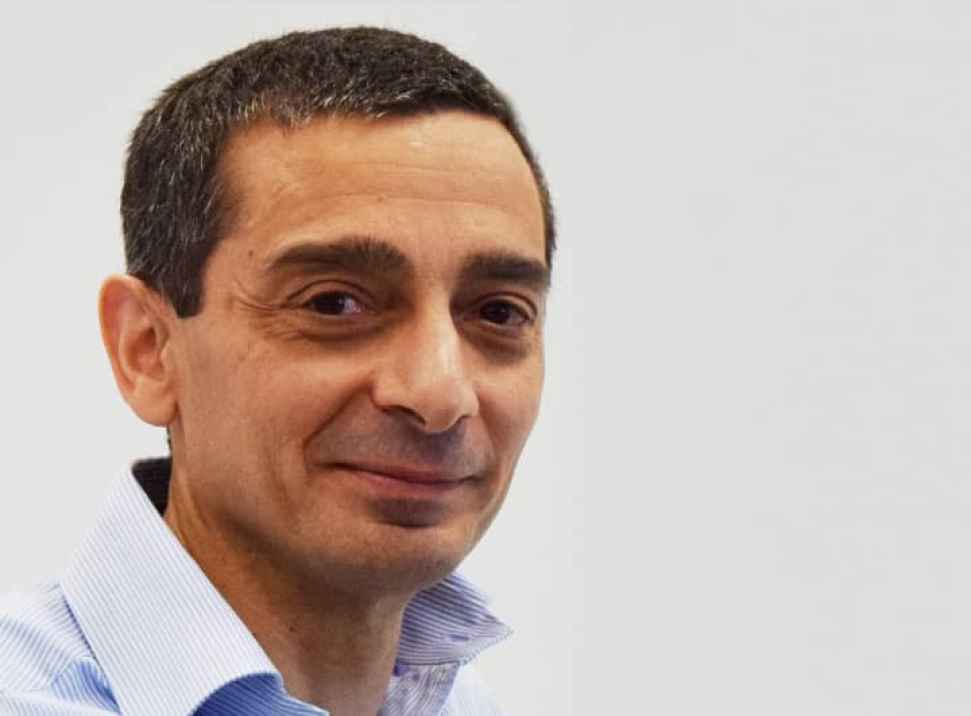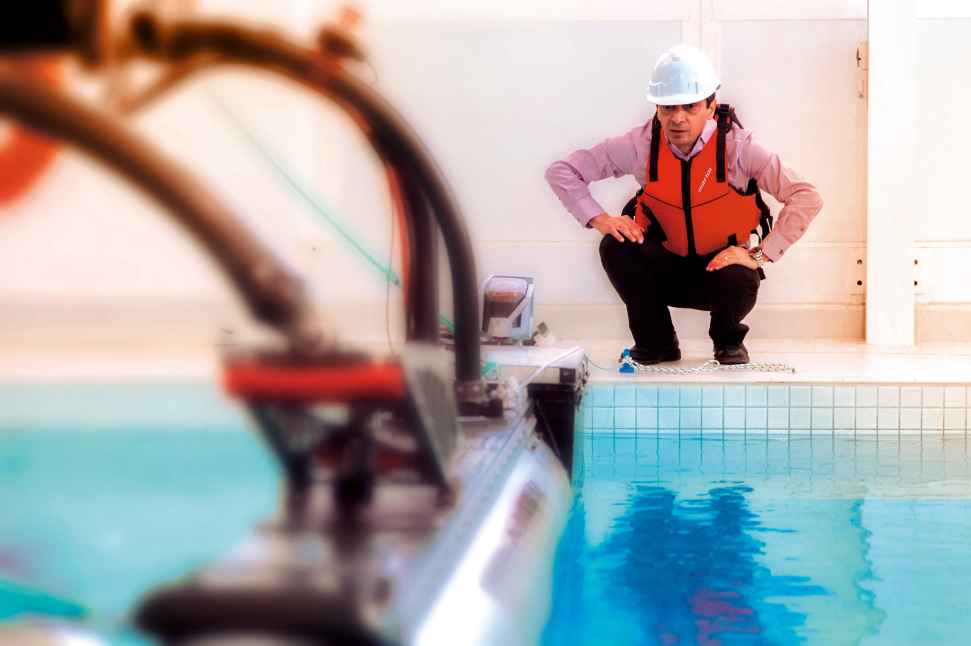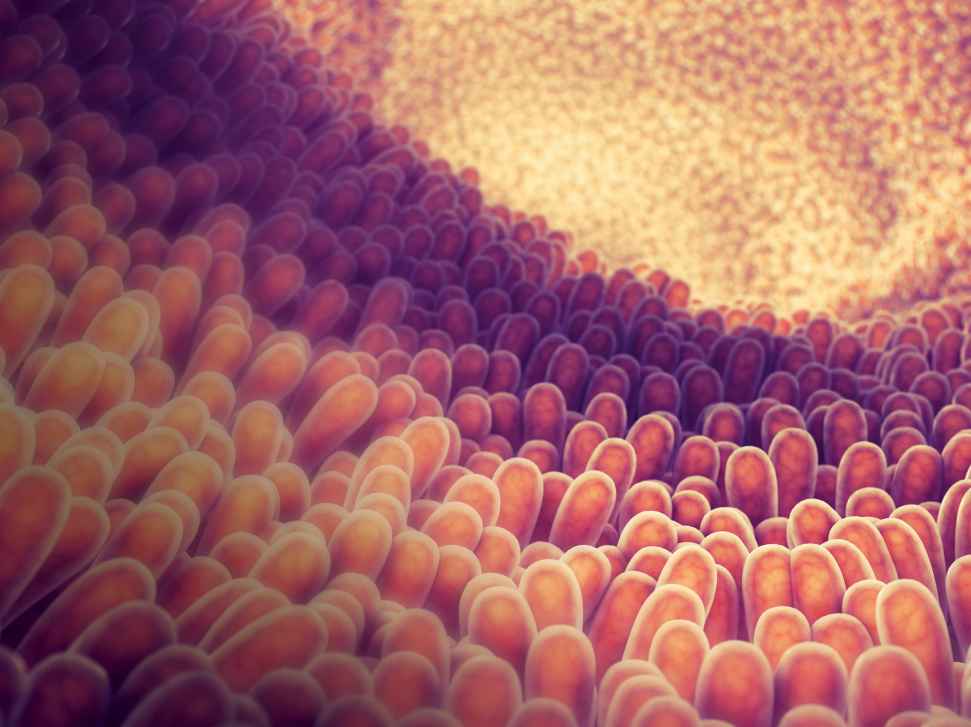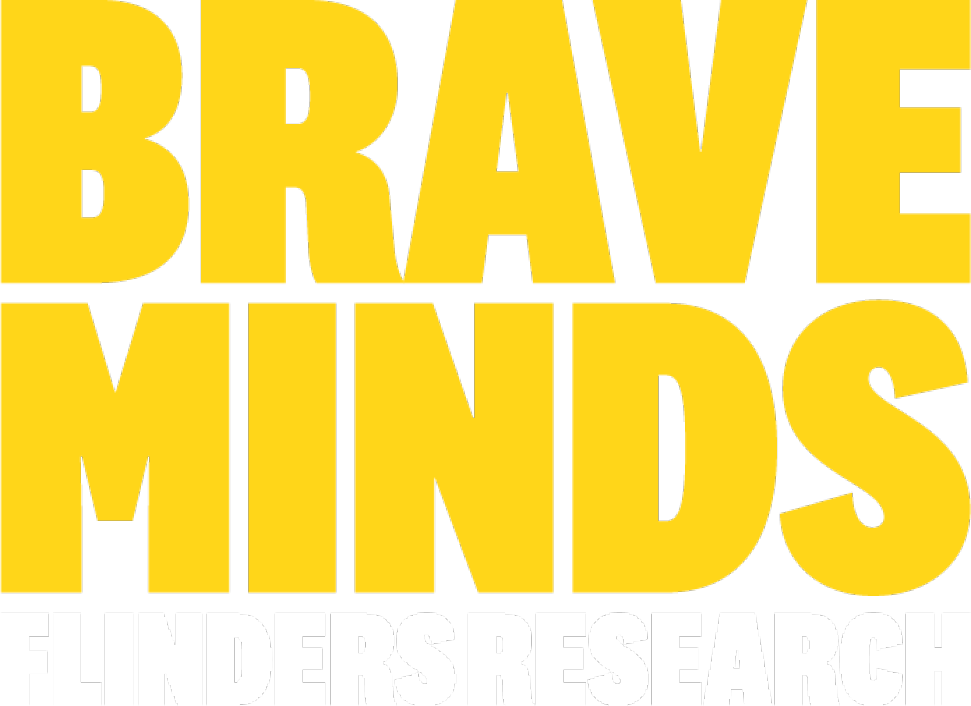Nick Carne
GOING DEEP
—
Driverless cars may have captured our imagination, but autonomous marine vehicles have even bigger potential for change, both above and below the waterline.
Imagine being able to watch over Australia’s vast coastline, map the ocean floor, monitor fish farms and dive deep to repair a subsea oil rig – all without putting anyone to sea, let alone in danger.
As Director of the Flinders Centre for Maritime Engineering, Control and Imaging, Professor Karl Sammut and his team are developing the technologies to make this a reality.
“The aim is to create autonomous vehicles, particularly underwater vehicles, that can actually think for themselves, not just obey instructions,” he says.
“Basic mission planning is relatively easy, but once you start developing a vehicle that can sense and understand environmental conditions and be able to develop and change its own mission plans, the planning becomes more complex. We have to be able to rely on what it has decided, so we can know that it’s going to make a good decision and come back safely.”
It’s an area that’s fascinated Professor Sammut for more than a decade, but in the early days it was difficult to get traction in Australia. Funding agencies understood the value from a defence perspective, but failed to see the real potential of these ‘smart’ boats and submersibles.
Fortunately, attitudes are changing, and Flinders is one of the leading universities in Australia involved in maximising this potential. Professor Sammut’s team is funded by both state and federal agencies, and is collaborating with national and international companies on major Australian defence projects.

Karl Sammut completed his Ph.D at The University of Nottingham (U.K) in 1992 and was employed between 1992 and 1995 as a Postdoctoral Fellow at The Politecnico di Milano (Italy), and at Loughborough University (UK). He commenced his appointment at Flinders University in 1995. He is currently a Professor with the Engineering Discipline in the College of Science and Engineering. His primary research activities are in the area of autonomous marine vehicles, including mission planning, vehicle navigation, guidance and control, and situation awareness. Prof Sammut is the Director of the Centre for Maritime Engineering at Flinders University.
“The aim is to create autonomous vehicles, particularly underwater vehicles, that can actually think for themselves, not just obey instructions.”
He identifies three key factors for success when building an autonomous underwater vehicle (AUV) that works just as well – or even better – than its human counterparts.
The first is autonomy. AUVs have one major advantage over driverless cars in that there are fewer things to collide with – notably people. But at the same time, there are also no designated routes (i.e. roads) to follow and, more problematically, GPS and wi-fi don’t work underwater. This means you have to find alternative ways to provide guidance, so the vehicle can figure out where it is and where it’s heading.
This brings us to the second key component: communication back the other way, so the vehicle can reliably and continuously transmit data.
“By its very nature the communications system underwater is poor,” says Professor Sammut. “We can only communicate with a vehicle using an acoustic modem, which has the same bandwidth as the old telephone modems. You’re never going to be able to send video back, so you have no idea what the vehicle is ‘seeing’.”
“You can use sonar, but then the vehicle needs to be able to interpret what it’s seeing and make sense of it,” he adds. “So that’s where all the research is in terms of adding in artificial intelligence: the capability to understand what it sees, then make decisions.”

The third component is mission guidance, including navigation and control, which is an area of focus for the Flinders team. The key here is to build a vehicle that can move on its own both safely and with purpose.
“You have a map of the area. You have some knowledge of the currents and other things happening, and you give these to the vehicle so it can come up with its own mission plan,” Professor Sammut explains.
“Then you might say you want it to do certain tasks, but how much fuel does it have? How much will it consume to go against the current? It has to work out how many of its tasks it can achieve.”
Conditions can change dynamically underwater, which means the vehicle has to be able to decide for itself what it’s going to do and how to come back safely.
The big challenge now is to develop vehicles that have enough endurance to stay submerged long enough do useful work, because at some point, their batteries will run low. Developing docking stations where AUVs can recharge by themselves – and the autonomous guidance systems that enable them to dock – is one of the main research activities at Flinders.
The ultimate aim for Professor Sammut and his team is to develop vehicles that can get work done unassisted. So, rather than having a submarine-welding robot controlled via cable by a human on the surface, the vehicle has the smarts to do the welding itself.
Research is already underway in this and many other areas, and it’s anyone’s guess as to what’s coming up next.
“We haven’t even started to discover how far we can go with these things,” says Professor Sammut. “The technology has changed rapidly in terms of sensors and battery capability. The horizon is rapidly expanding for these kinds of potential applications.”
Donate to research
Through research, and research-led teaching, we build and develop the knowledge and capabilities that improve lives and enhance society as a whole. Your gift can help support our projects, which are finding practical solutions to real-world challenges and create hope for a better future.
![]()
Sturt Rd, Bedford Park
South Australia 5042
South Australia | Northern Territory
Global | Online






